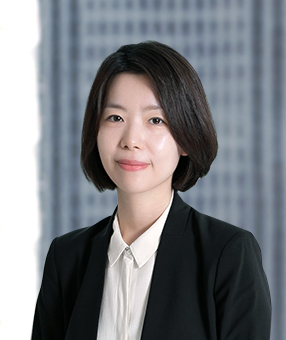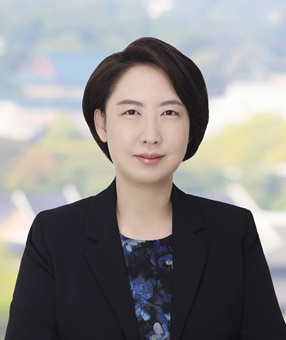Recent amendments to the Enforcement Rules of the Korean Patent Act took effect on July 11, 2025, which should provide more time for applicants to take certain actions with their applications during prosecution in Korea.
Extended Response Period from Two to Four Months
The amendments include a change to the initial period to respond to a preliminary rejection, which had previously been two months. Under the new rule, applicants now have an initial four months to respond to a preliminary rejection before any extension is needed. Applicants may still further extend the initial deadline up to four additional months by paying extension fees, as before.
The two-month initial period to submit a response was relatively short compared to other IP5 offices, since the United States Patent and Trademark Office (USPTO) and the Japan Patent Office (JPO) each set an initial three-month response deadline, while the National Intellectual Property Administration of the People's Republic of China (CNIPA) and the European Patent Office (EPO) each provide for a four-month initial deadline. The longer response period in Korea as a result of the amendments should make it easier to thoroughly review and respond to the grounds of preliminary rejection, without the need to incur fees for additional extensions. However, that the initial response deadline to a final rejection is unchanged by the amendments, and remains three months.
An unintended side effect of these amendments may be to further delay prosecution in Korea, since in practice, examiners tend to wait until the response deadline passes before issuing any office action, even if the applicant submits its response early. Applicants who wish to expedite prosecution will likely need both to submit the response to the preliminary rejection early, and also to file a request for a shortened examination period, to encourage early action on the response by the examiner without waiting for the full four-month initial response period to expire.
Deferred Examination Now Available for Divisional Applications
Until now, divisional applications have been examined relatively quickly compared to original application filings, with a shorter timeframe for filing the request for examination. However, the Ministry of Intellectual Property (MOIP; formerly KIPO) has implemented some changes recently that are likely to substantially slow down examination of divisional applications. One such change is its recent amendment to the Enforcement Rules of the Korean Patent Act to change the examination order for new applications such that all applications in Korea are now examined in the order that the request for examination of the application itself is filed. This is a significant change for divisional applications because until now, divisional applications have been examined based on when the request for examination of the parent application was filed. Since this effectively means that all divisional applications will now be treated as new applications for determining examination order, this will mean that the timeframe for the first office action in a divisional application will also be similar to new applications (around 16-18 months after filing).
In addition, the MOIP has amended its regulations to allow requests to defer examination of divisional applications until at least 24 months after the request for examination is filed, if the request to defer examination is filed within nine months of the request for examination. The request to defer examination must designate a date between 24 months from the request for examination date and five years after the effective filing date of the priority application for the divisional application (or five years after the international filing date, if involving a PCT application). The initial office action will then be issued within about three months from the designated examination commencement date. This deferred examination procedure may be useful for applicants seeking to delay prosecution in Korea to wait for examination results in other countries, or the development of the relevant market.
In addition, applicants may request that the MOIP defer the final decision on patentability for divisional applications up to twelve months after the filing date of the divisional, if needed. This has been enacted since there are sometimes cases where applications are granted unusually early in Korea, particular divisional applications, so this is a way of ensuring the prosecution does not move forward too quickly without actually deferring the examination of the application. A request to defer the final decision must be filed within six months from the filing date of the divisional application.
These recent amendments by the MOIP should give greater procedural flexibility to applicants who wish to strategically time the examination of their divisional applications in Korea relative to business considerations or foreign prosecution proceedings, and may be particularly useful in sectors such as standard-essential patents, pharmaceuticals, and biotechnology, where patent timing can significantly impact commercialization and market entry strategy.
Related Topics






